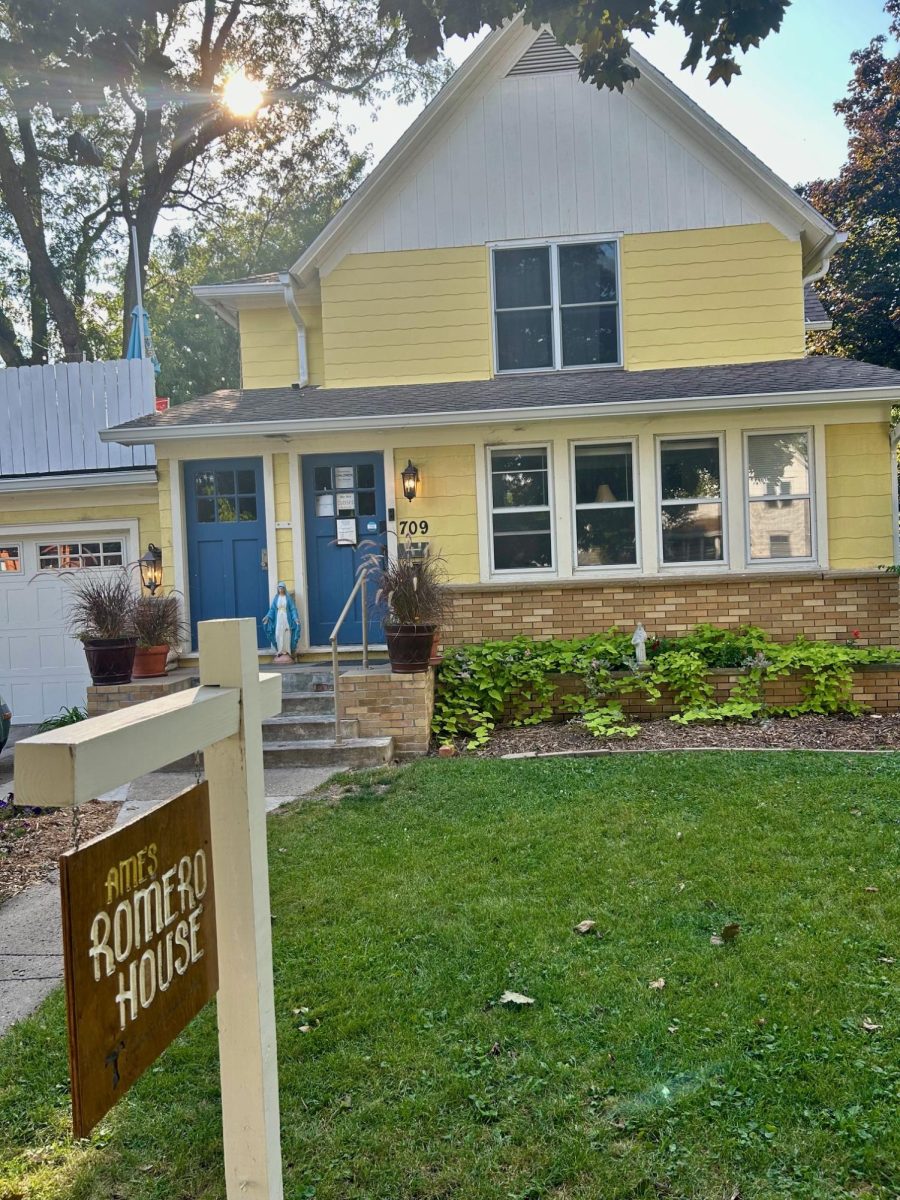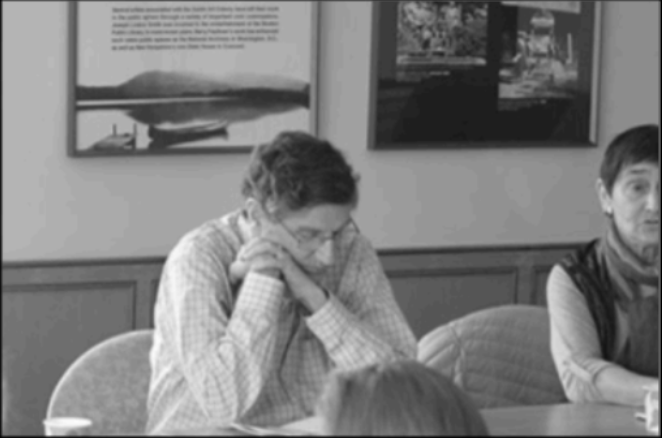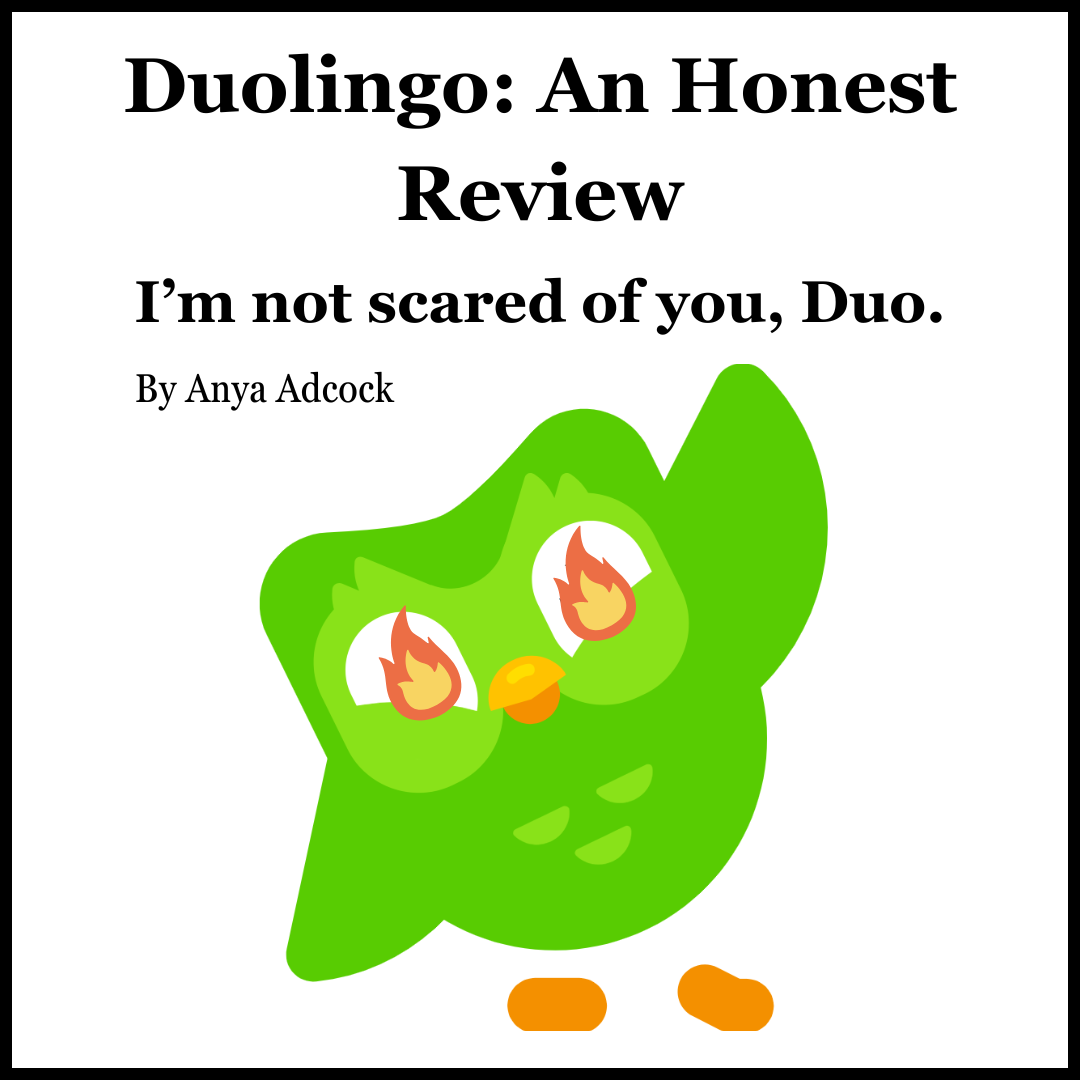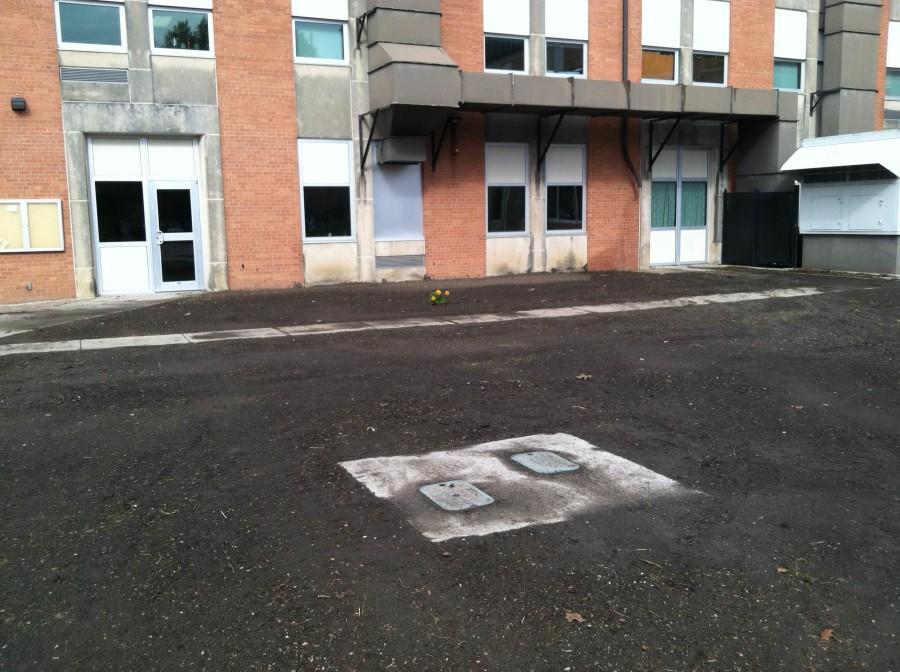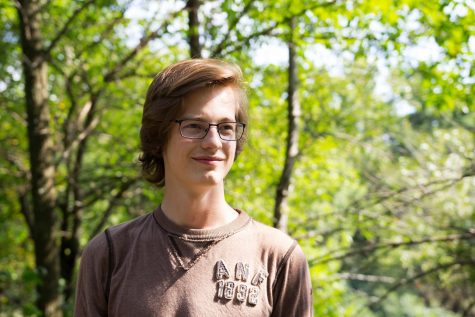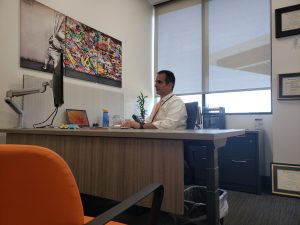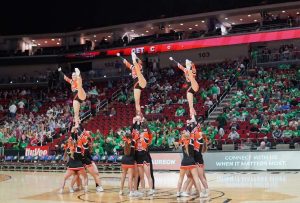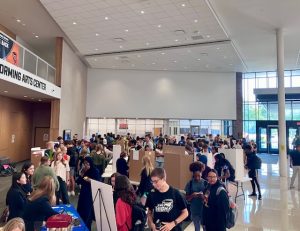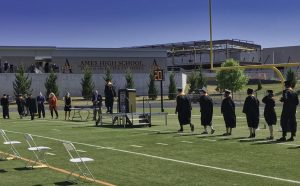Courtyard Catastrophe
November 13, 2015
Students heading out to the courtyard are now met by a new sight. Instead of seeing a diverse patch of green, their eyes are met with a muddy wasteland where a student-created garden used to be.
Three weeks ago, students were informed that the courtyard would be closed for lunch due to construction on Monday and Tuesday. This “construction” was actually destruction, and in less than two days, 3 years of hard work were completely erased.
According to Principal Spence Evans, the garden was removed due to its being visually displeasing, a problem with rodents, and to prevent student hours being put into a garden that may be removed if a foundation problem were to arise in that area of the courtyard.
Senior Max Eness, a prominent member of the AHS garden club, claims that the reasons not only don’t hold up to scrutiny, but even if they did, those reasons did not warrant the garden’s uncontested removal.
“The way someone views the garden is completely subjective,” Eness said. “I have had many members of the community tell me that the garden is beautiful, and I’ve had people say the contrary.” Beauty of a garden is subjective, but the learning it provides is indisputable, which is the true purpose of the garden, he said.According to Max the rodent issues have been found in Mr. Brekke’s room on the second floor, but not in rooms such as Mr. Sparkman’s whose room is right by the former garden.
“If the renovations happen in four years, four classes of students have been denied the learning that the garden could’ve provided,” Eness said. Eness said he does not believe that removing a garden, simply because it may have to be removed in the future is more important than the years of education.
“I think an important thing to address is the overall lack of importance that the administration puts on environmental projects,” Eness said. “The administration views these things as (science teacher) Mike Todd’s weird little projects, but they are increasingly important in a changing climate.” Max sees the the prioritization of keeping rodents out of the school over delivering critical education, a failed prioritization on the behalf of the school.
In the days following the garden’s removal, student conspiracy theories thrived. “It wasn’t that we were trying to do anything covert,” Evans said. “It was just the fact that we did not know how to get those people together to have that communication,” referring to Garden Club members who worked on the courtyard garden.
But some students remain skeptical. “To have Spence go past the Garden Club and make this decision without involving us, that is a bit ridiculous,” Eness said. “Not knowing whom to contact is a pitiful excuse for not communicating with us.”
According to Eness, if these ideas had been discussed with members of the Garden Club, the administration would have found that students don’t mind putting work into a project that may be removed in the future if it means more education might still be possible today. In the future Evans said he plans to involve the Garden Club in the creation of an alternative eating location to be built near the remaining school garden. “I certainly want students to have a role in what we are creating for the school,” he said. Likewise, Eness noted that the Garden Club is eager to work with the administration on this project.





